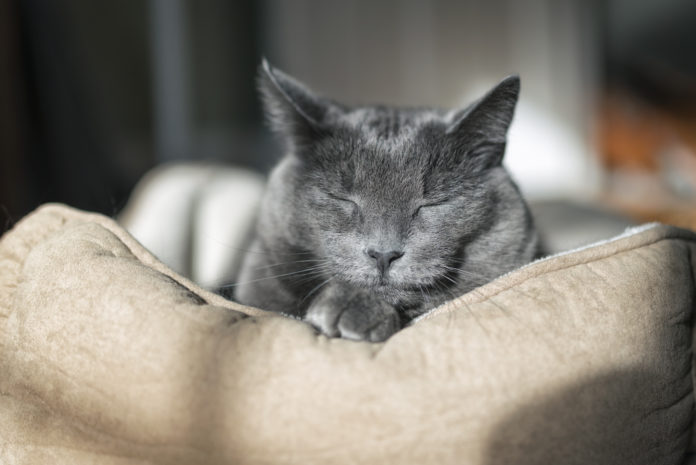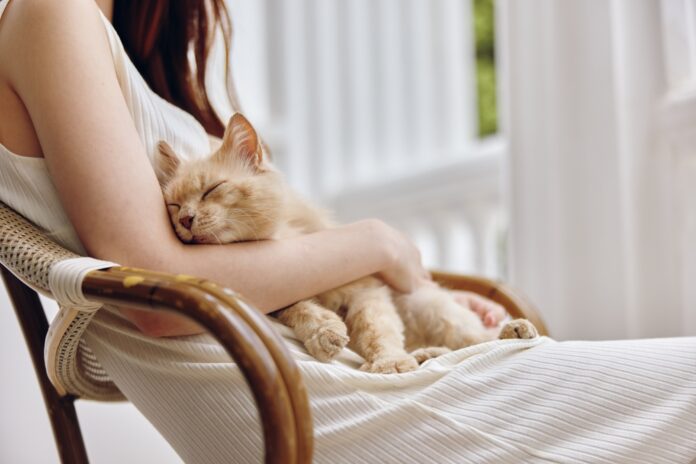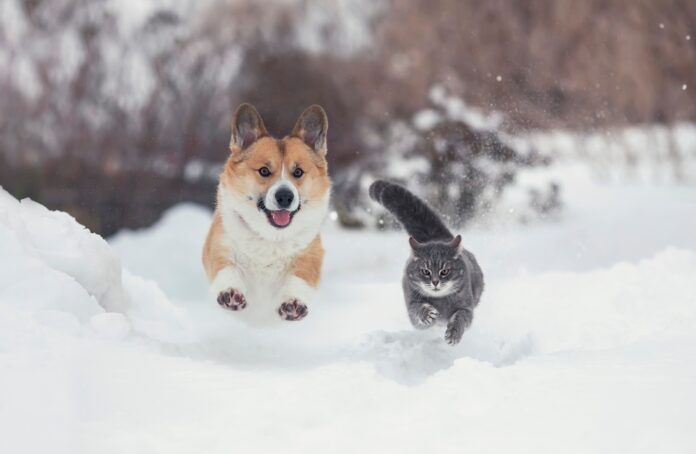Senior Cats: Understanding the Changes that Come with Age

Senior cats, like all living creatures, experience changes as they age. Understanding these changes can help cat parents provide the best care for their aging feline friends.
As cats age, their bodies slow down, and they become less active. They may also experience a decline in vision and hearing. These changes can make it difficult for senior cats to navigate their surroundings, and they may have trouble finding food or using the litter box.
There are things you can do to make life better for your senior cat, so let’s talk about what it means for a cat to age and how you can keep them in tip-top shape!
An Increased Risk of Developing Health Problems
Senior cats are more likely to develop health problems, such as kidney disease, diabetes, and arthritis. Regular vet check-ups and blood work are important to catch these issues early and manage them effectively. Additionally, if you notice any changes in your cat’s behavior or appetite, it’s important to consult with a veterinarian as soon as possible.
3 Tips for Keeping Your Senior Cat Active
As cats age, they may become less active and less interested in playing. However, regular exercise is important for their physical and mental well-being. Here are some tips to help keep them moving:
- Provide interactive toys. Try toys they can play with on their own or chase, such as laser pointers or wand toys. This will encourage them to move around and burn off some energy.
- Play with your cat. Set aside time each day. This will not only provide them with physical exercise, but it will also help strengthen the bond between you and your feline friend.
- Provide cat ramps or steps. If your cat has mobility issues, make it easier for them to access high places by providing ramps or steps. This will also encourage them to keep climbing and moving around.
4 Tips for Providing a Comfortable Environment for Your Senior Cat
Older cats need a comfortable and safe environment, so here are some tips to help you:
- Keep their environment familiar and consistent. Keep their food and litter box in the same place and make sure they have plenty of light to see by.
- Provide a warm and cozy place to sleep. Older cats may become more sensitive to temperature changes, so it’s important to provide them with a warm and soft bed to sleep on.
- Keep their environment quiet, low-stress, and comfortable. Senior cats need a peaceful environment, so try to keep their surroundings quiet and calm.
- Provide plenty of hiding spots and scratching posts. This will help them feel secure and less stressed.
Each cat is unique and will age differently. Be attentive to your senior cat’s needs and communicate with your veterinarian about any changes you notice. With the right care, you can help your senior cat to live a happy, comfortable life.




